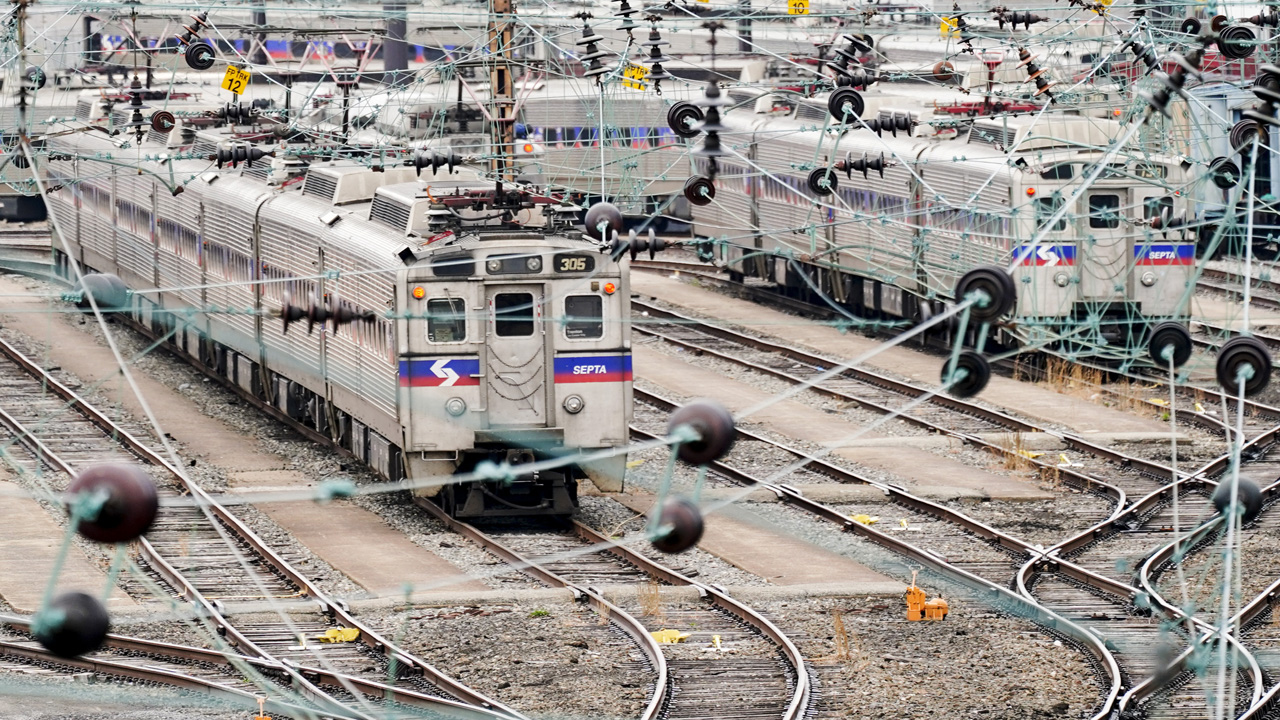SEPTA removing COVID-19 pandemic-related capacity restrictions on June 1
Masks will still be required to ride on SEPTA vehicles, per CDC and TSA guidelines.
PHILADELPHIA -- SEPTA is removing its limit on the number of customers allowed on all its vehicles due to the pandemic starting Tuesday, June 1.
The capacity restrictions were put in place as SEPTA tried to stop the spread of COVID-19. SEPTA says this decision is being made "as COVID-19 cases across the region drop, more people get vaccinated, and the Commonwealth of Pennsylvania and the City of Philadelphia ease indoor capacity related restrictions."
Reopening timeline: Pennsylvania, Philadelphia, New Jersey, Delaware easing restrictions
SEPTA says it will continue to follow TSA and CDC mandates and guidelines that require customers to wear a mask or face covering when traveling on public transportation.
"This decision is part of our ongoing efforts to support the region's recovery as businesses and government agencies announce return to office plans for employees, students resume in-person classes, and capacity limits are eased for stores and restaurants," SEPTA says.
According to SEPTA, all its vehicles are well ventilated with air change occurring on every vehicle every two to three minutes.
SEPTA is upgrading to high-efficiency cabin air filters on its vehicles.
SEPTA says its vehicles are cleaned daily and they receive an intense detailed heavy cleaning every 10 days.
SEPTA recently launched a tool that offers customers seat availability information for buses.
"This trip planning resource also provides a snapshot of the number of seats and riders on a given vehicle. In the coming months this feature will be expanded to cover all modes of service including the Market Frankford, Broad Street and Norristown Lines, Regional Rail and Trolleys," SEPTA says.
In addition to wearing a mask, SEPTA officials say they continue to urge riders to practice safe hygiene to stop the spread of germs.
On May 31, Pennsylvania will lift all of its restrictions, other than masks on unvaccinated people.
On June 11, Philadelphia will lift of all its restrictions, excepts its mask mandate.





